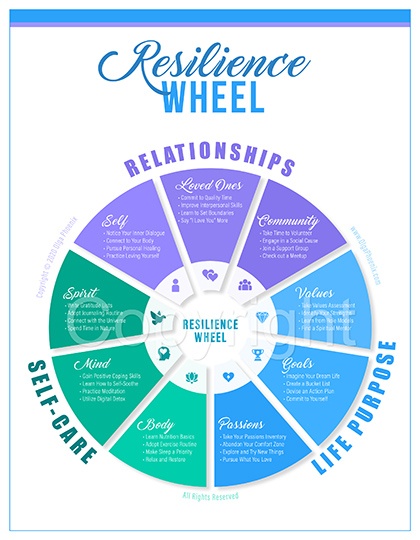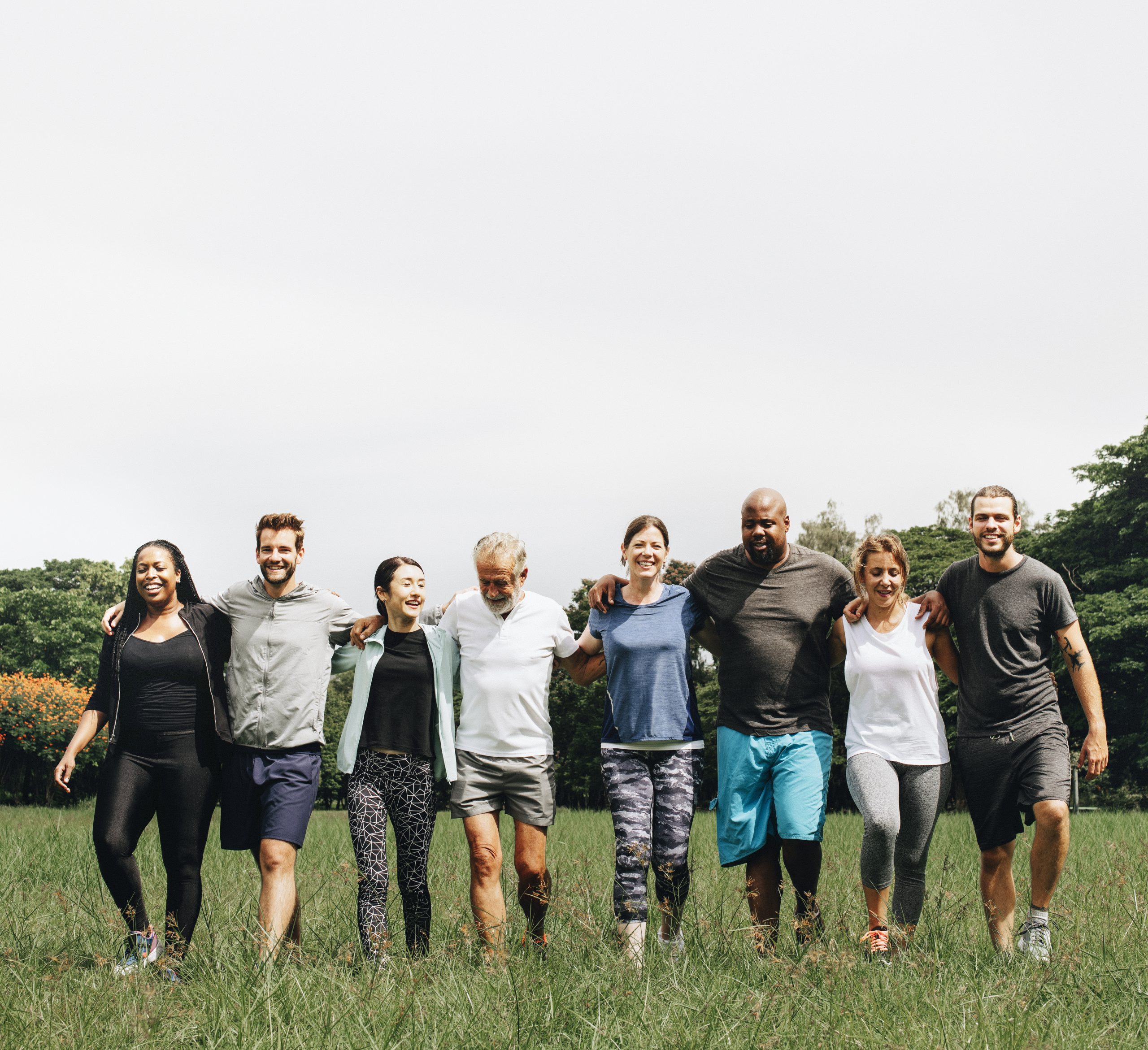36 Strategies to Build Resilience in Difficult Times
Why is Resilience Important?
In the past few decades, the concepts of resilience and wellbeing were studied very extensively and were directly linked as vital necessary parts of one another. The state of wellbeing -an experience of good physical and mental health, high life satisfaction, a sense of meaning or purpose, and improved ability to manage stress- was directly connected to the concept of resilience. People who fostered resilience on regular basis were feeling much less stressed, more happy, healthy, socially connected, and purposeful than those didn’t. Thus, we discovered that engaging in ongoing resilience building practices offered us a priceless opportunity to not only be able to handle stress and adversity more effectively-but, with commitment and practice, could actually afford us a sustainable state wellbeing, happiness, and overall life satisfaction despite of what was happening in the world or our lives! How exciting and hopeful is this?
What is Resilience?
American Psychological Association defines resilience as the ability of an individual to maintain positive attitude, physical and emotional well-being in the face of significant adversity. This is the most commonly used definition of resilience. Sometimes, however, it’s understood as a biological, inherent ability of a person to withstand hardships in life-as in-some people have it, and some don’t. This could not be farther from the truth!
My favorite definition of resilience is by the Resilience Institute-learned ability to recognize risk, bounce skillfully, and secure robust physical, emotional and mental wellbeing. This definition includes the very important and very hopeful notion that resilience can be learned by anyone and can result in robust state of wellbeing.
What are the Strategies to Build Resilience?
I like to think of resilience as an ongoing process of using specific personalized set of resilience building tools consistently which results in sustainable state of wellbeing. Who doesn’t want to experience good and physical and mental health, high life satisfaction, a sense of meaning or purpose, and improved ability to manage stress on regular basis? And now that we know that building our resilience toolkit will actually get us there-how much more likely are we to dedicate some time to exploring various resilience fostering strategies and discovering what works for us? Exciting, right?
I studied resilience for some time now, and what I discovered that in its very core resilience building has 3 core components: self-care, nurturing relationships, and living with purpose and meaning.
How does it look in real life? Here are just a few examples of resilience building strategies in each 3 of these core components:
- Self-Care: We can nourish our bodies with care, observe media detox once in a white, establish gratitude practice.
- Relationships: we can improve our relationship with self by noticing our inner dialogue or starting therapy; we can learn our and our loved ones communication styles and needs; we can search and find our tribe or support group.
- Living with Purpose: we can help others, be intentional with our lives, we could move closer to our goals, learn, self-discover, grow.
Pretty simple, right? There are thousands of resilience building practices out there that nurture 3 core components of resilience-we just need to find what works for us, what we need in this moment, in this stage of our lives, in this stage of our relationship with ourselves and others. Discovering what works for us, what’s most important, creating a personalized sustainable resilience and wellbeing building plan, and engaging in ongoing practice-will result in improved physical and mental health, nurturing relationships, and a sense of meaning or purpose- thus high life satisfaction.
How Do We Discover Resilience Strategies that Work for Us?
I got a great solution for you! In April 2020, in response to unprecedented physical and mental health challenges posed by worldwide pandemic, I released a brand-new wellbeing tool called the Resilience Wheel.

The Resilience Wheel, which features 3 core components of resilience building- sustainable self-care, nurturing relationships, and living with purpose, is designed to help you restore, increase, and sustain your sense of resilience and wellbeing during these challenging times. The Resilience Wheel companions are Resilience Wheel Assessment and Create Your Own Resilience Wheel tools. Please visit Resilience Wheel page. These tools will serve as a powerful kickstarter to your sustainable, personalized resilience and wellbeing journey and healthy, intentional, and meaningful life!
For more on resilience building strategies- please visit our online academy’s course “Path to Wellbeing: Bouncing Back with Resilience Wheel” or email us at info@olgaphoenix.com to request a training for your agency. Looking forward to hearing from you! Go forth, do incredible things, and take good care! In deep gratitude, Olga Phoenix
